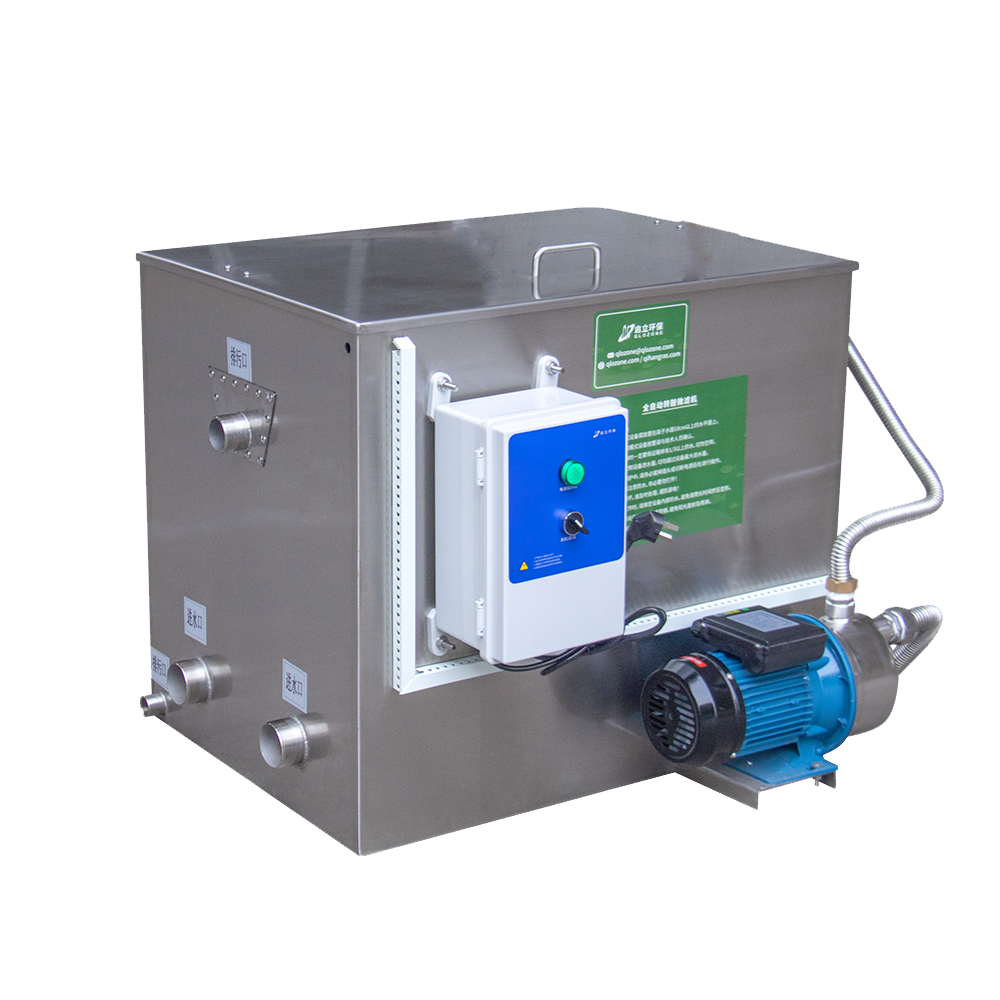rotary drum filter
A rotary drum filter is a sophisticated continuous filtration device designed for solid-liquid separation in industrial processes. The system consists of a rotating cylindrical drum covered with a filter medium, partially submerged in a slurry tank. As the drum rotates, vacuum pressure draws the liquid through the filter medium while solids accumulate on the drum's surface, forming a cake. This continuous operation enables efficient separation of solids from liquids, making it ideal for applications requiring high-throughput filtration. The drum's rotation speed, vacuum pressure, and submergence level can be precisely controlled to optimize filtration performance. The filter cake is continuously removed by various methods, including scraping, belt discharge, or string discharge, depending on the specific application requirements. The technology incorporates advanced features such as automatic cake thickness control, variable speed drives, and sophisticated washing systems. These filters are widely used in mining, chemical processing, wastewater treatment, and pharmaceutical industries, where continuous solid-liquid separation is essential. The system's versatility allows for handling diverse materials, from fine particles to coarse solids, while maintaining consistent performance and product quality.


